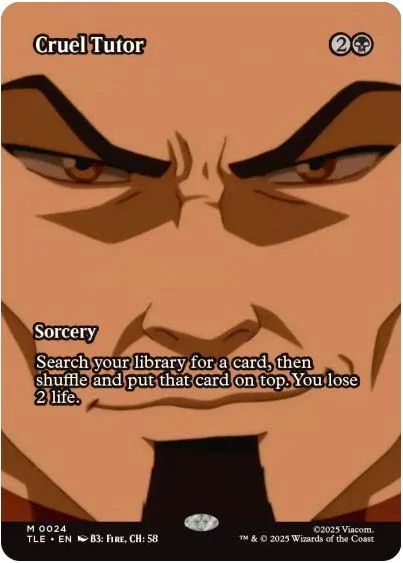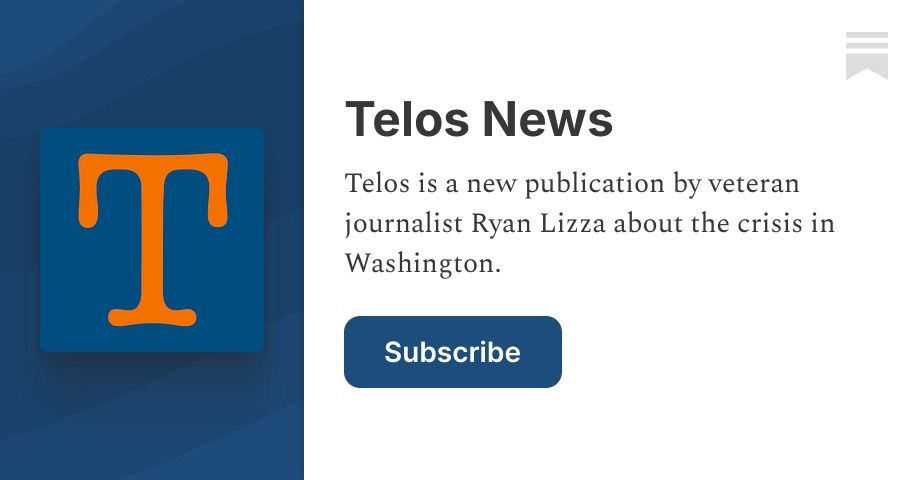VAXXED???
Zeratul: That is indeed correct, Joe Rogan
Joe Rogan: That's fucked up man, that's crazy
Then I'd just look him in the eye and watch him break.
Then I'd just look him in the eye and watch him break.

Do I even disagree that much? There's loads I dislike in Korra. So I don't need to say anything at all.
Look at how bad this card looks.

Do I even disagree that much? There's loads I dislike in Korra. So I don't need to say anything at all.
Look at how bad this card looks.
After War Gundam X: Saving the dolphins taught me how to love life again.

After War Gundam X: Saving the dolphins taught me how to love life again.
Would you turn away Jews in the St Louis 1939 because you prefer to take people through the normal legal system?
Would you turn away Jews in the St Louis 1939 because you prefer to take people through the normal legal system?

👀
Bill Clinton."
👀
drive.google.com/file/d/14Sla...
drive.google.com/file/d/14Sla...
My second thought: is that Ten Nights at Freddie's, or Twenty-five Square Nights at Freddie's?
My second thought: is that Ten Nights at Freddie's, or Twenty-five Square Nights at Freddie's?
just "they'd never do that."


boss gets a drachma,
i get an obol
thats why i code
exclusively in cobol
boss gets a drachma,
i get an obol
thats why i code
exclusively in cobol
here's how the question was phrased lol

here's how the question was phrased lol



